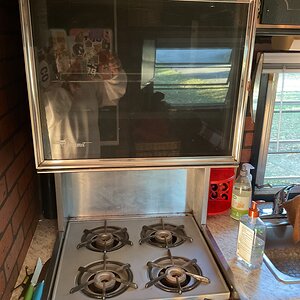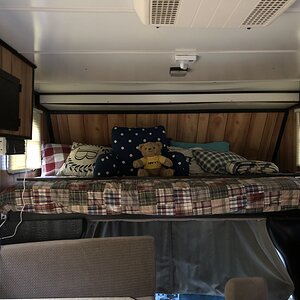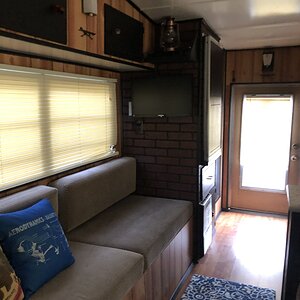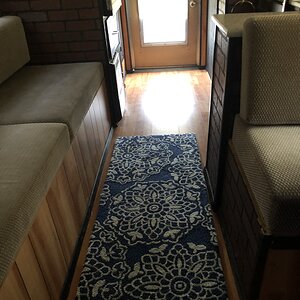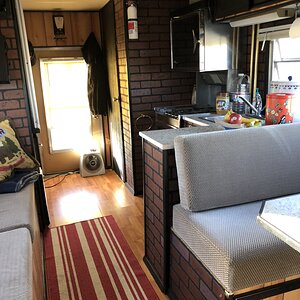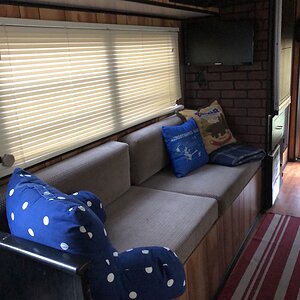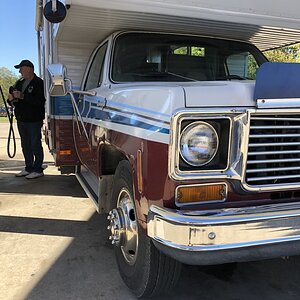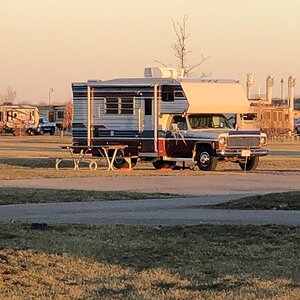Joe Hogan
RVF Supporter
- Joined
- Nov 3, 2019
- Messages
- 3,254
- Location
- Florida
- RV Year
- 2024
- RV Make
- Newmar
- RV Model
- Dutch Star 4311
- RV Length
- 43
- Chassis
- Spartan
- Engine
- Cummins
- TOW/TOAD
- 2018 Ford Flex
- Fulltimer
- No
Over the years I've done my share of household wiring; lights, wall switches, sockets, etc. Mostly I've learned by watching electricians. Unfortunately many times you miss the "why" of certain techniques. Like twisting wires together for stress relief.
Honestly electricity is something respect greatly. It is prone to insidious errors that can bite you.
You can always see previous homeowners DIY "work". With our current home we've not found many problems as the previous owner was the original owner of new construction. Usually by the five year ownership in previous homes, most of the previous homeowner tinkering has been found and addressed.
At year ten, most any adjustments, modifications have been complete. Now it is just maintenance, where we are now.
The RV is a completely different story....
Being the perpetual student, I am open to learning the details of any trade. Hoping that it will improve my efforts.
Here are some tips on household wire connections.

Honestly electricity is something respect greatly. It is prone to insidious errors that can bite you.
You can always see previous homeowners DIY "work". With our current home we've not found many problems as the previous owner was the original owner of new construction. Usually by the five year ownership in previous homes, most of the previous homeowner tinkering has been found and addressed.
At year ten, most any adjustments, modifications have been complete. Now it is just maintenance, where we are now.
The RV is a completely different story....
Being the perpetual student, I am open to learning the details of any trade. Hoping that it will improve my efforts.
Here are some tips on household wire connections.



